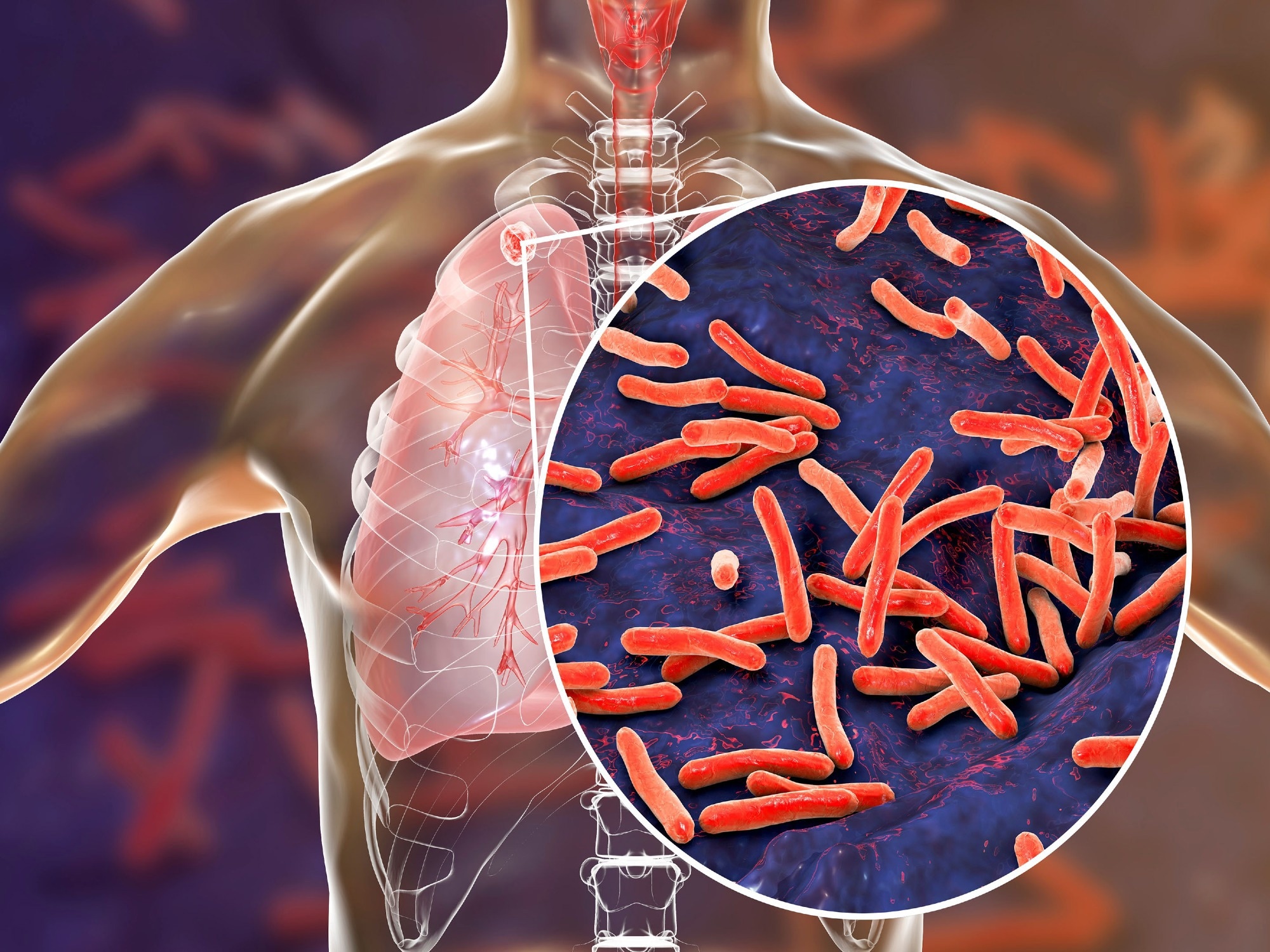A novel genome assembly tool that has been created by researchers could lead to the creation of fresh antibiotics for the bacterial infections that cause tuberculosis and other diseases.

Image Credit: Shutterstock
According to researchers whose findings were published in Nature Communications, the new tool should work similarly for other strains and different types of bacteria. It has improved the genome map of one strain of tuberculosis.
According to the World Health Organization, Mycobacterium tuberculosis, the bacteria that causes the disease tuberculosis, infects about a quarter of the world’s population and claimed 1.6 million lives in 2021.
The only treatments available today are a century-old vaccine that cuts the risk of infection by 20% and four to six months of potent antibiotics, which can occasionally be ineffective.
The key to beating this disease is to understand it, and the key to understanding it lies in its DNA. We hope our new pipeline provides researchers around the world with the information they need to create faster, more effective treatments and, ideally, a fully effective vaccine.”
Professor David Alland, Study Senior Author and Chief, Department of Medicine, Division of Infectious Diseases, New Jersey Medical School, Rutgers University
The genome of one strain of tuberculosis, H37Rv, was first sequenced by researchers in 1998, but they were never able to produce the kind of accurate and thorough sequence that would increase their chances of curing the illness—until now.
The brand-new pipeline, known as Bact-Builder, integrates well-known open-source genome assembly tools into a unique and user-friendly tool that is freely accessible on GitHub.
By slicing large pieces of DNA into small, quick-to-scan fragments and then using a reference sequence like H37Rv to properly align all the resulting pieces of data, scientists currently sequence new bacterial genomes.
Researchers can identify genes present in clinical strains that might not be present in the reference by assembling genomes devoid of a reference, as Bact-Builder does with information from MinION sequencers.
The Bact-Builder sequence for tuberculosis identifies new genes and gene fragments that were absent from the old reference and adds about 6,400,000 base pairs of information (informational units) to the sequence compared to the old reference.
Alland added, “Just publishing a fully accurate genome for the H37Rv reference strain, which is used in hundreds of studies a year, should significantly help tuberculosis research.”
Allan further added, “Because strain comparison should answer many vital questions such as why some strains are more contagious than others. Why do some strains cause more serious disease? Why are some strains more difficult to cure? The answers to all these questions, which could help us devise better treatments and vaccines, are in the genetic code, but you need an accurate way to find them.”
Source:
Journal reference:
Chitale, P., et al. (2022). A comprehensive update to the Mycobacterium tuberculosis H37Rv reference genome. Nature Communications. doi.org/10.1038/s41467-022-34853-x